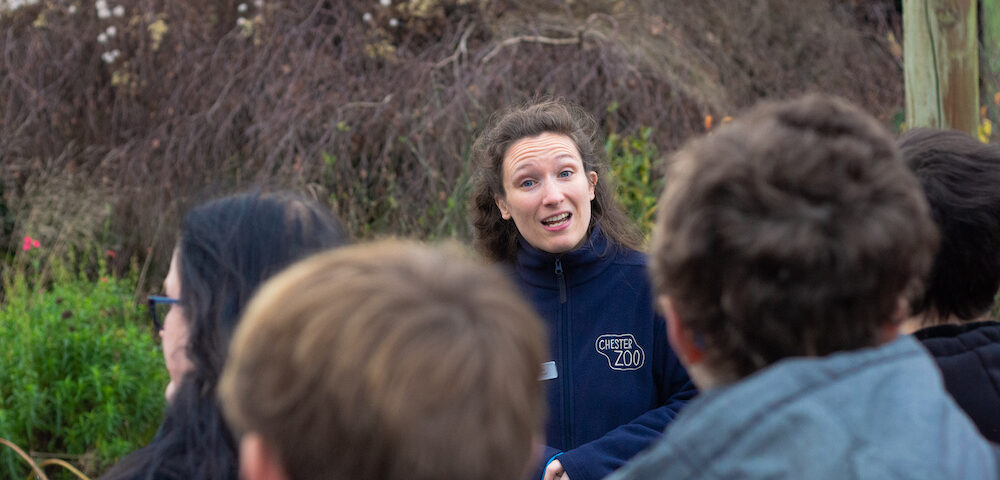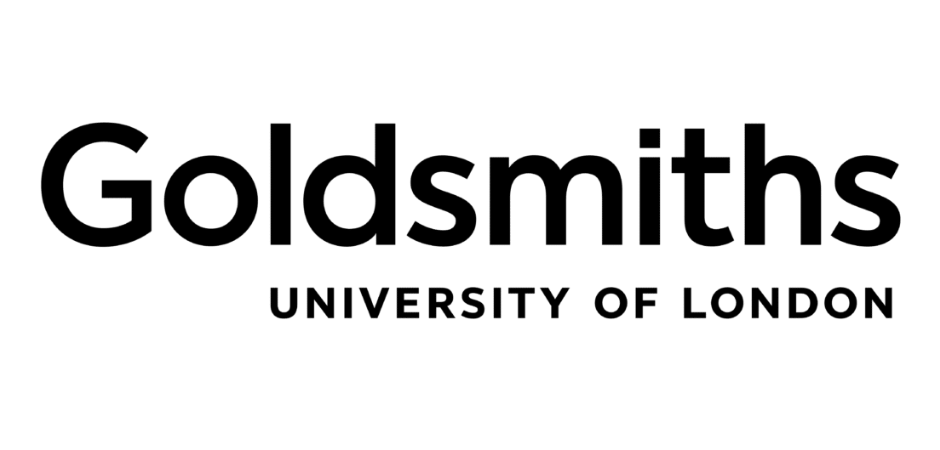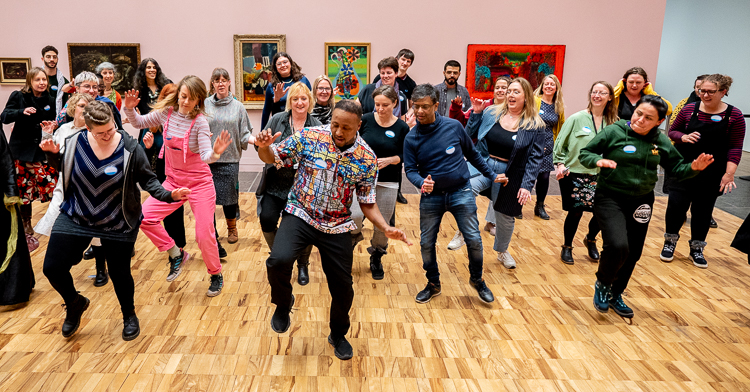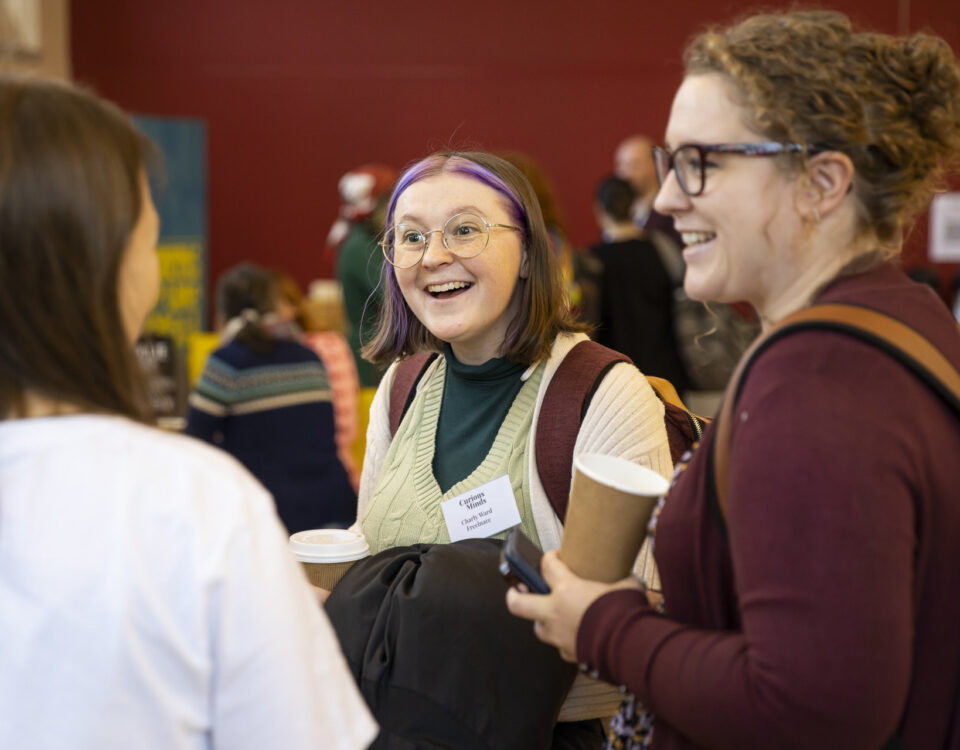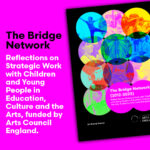
The Bridge Network
June 27, 2023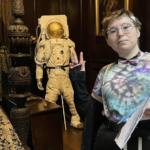
Learning from Lived Experience
August 3, 2023Evaluating a wildlife-themed programme for young people with Learning Disabilities
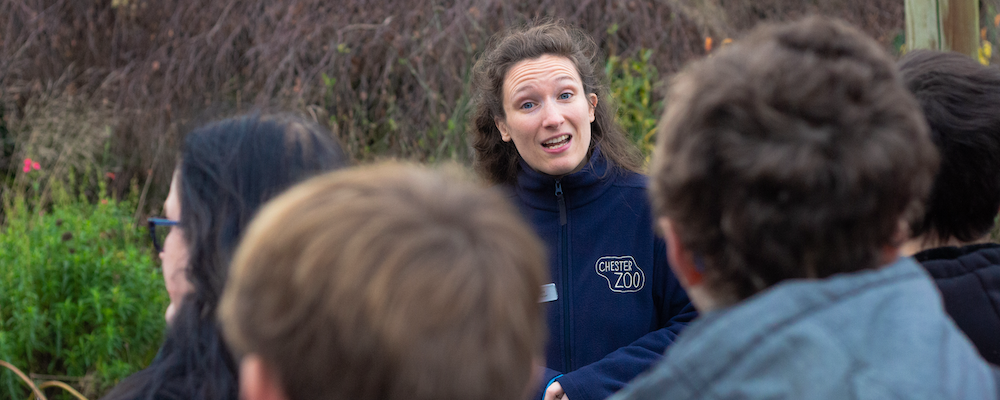
A recent impact evaluation, conducted by Curious Minds with Chester Zoo, has led to the development of an evaluation methodology for projects involving young people with learning disabilities.
The research evaluation was conducted by Curious Minds’ Evaluation Associate, Sue Caudle in collaboration with Chester Zoo, one of the founding members of Cheshire West and Chester LCEP. It focused on measuring the impacts and effectiveness of a UK wildlife-themed project with young people with learning disabilities.
Connecting with nature
This wildlife-themed project was initiated by Chester Zoo, in collaboration with Live! Cheshire, an organisation supporting young people with learning disabilities in the Cheshire, Wirral, and North Wales areas.The project involved Live! Cheshire's Moving On group, for young people aged 16-25. It sought to enhance participants' connection to nature, develop their knowledge and understanding, cultivate soft skills, promote sustainable living, and boost their confidence to take conservation-action.
The project timeline spanned from Spring 2022 to Spring 2023.
Adaptive and inclusive research
Realistically, this was a short project comprising a series of monthly sessions, so the potential for involving young people directly in the design of research questions and methods was limited. Nevertheless, active involvement in the research was encouraged through exploring and engaging in individual young peoples’ preferred forms of communication and self-expression as much as possible.
From the outset, both the project and the evaluation were exploratory, with a focus on learning and development through practice. The evaluation process was collaborative and embedded within the project structure. Three participatory evaluation sessions took place at the beginning, middle and end. These creative sessions took the theme of a “journey into the woods” and incorporated a rhythmical chant, story-telling and making activities.
The initial session provided a baseline that was revisited in the two subsequent sessions but, in line with an evolving evaluation methodology, the structure and content were developed each time to increase accessibility and inclusion.
Well done to all our budding conservationists on the Duke of Edinburgh Award who completed their Eco Hero awareness programme with Chester Zoo. #livecheshire #chesterzoo #dukeofedinburghaward #ecohero pic.twitter.com/o3vsZgIakE
— Live! Cheshire (@Live_Cheshire) March 24, 2022
- The incorporation of more sensory items.
- Increasing the time and space available for young people to offer contributions.
- Broadening the range of visual arts materials available for making activities.
In later sessions this approach was supported by using switches, with sounds and images, to open up reflective conversations.
A shared learning journey
This evaluation represented a genuine effort on the part of Chester Zoo to create time for reflexive practice, and to learn from experience and influence future community engagement.Development of an evolving methodology proved challenging because it introduced feelings of uncertainty and doubt, but it was appropriate to the experimental nature of the programme. A differentiated and mixed methods approach was essential to gathering the perspectives of a diverse group, with many different ways of experiencing the world, to think about evaluation differently and try out new things.
Chester Zoo entered into this evaluation with a spirit of curiosity and at every stage were open and enthusiastic to understand more. This collaboration with the evaluator in planning and delivering was an important element of the embedded approach. The mutual emphasis on the evaluation methodology as a shared learning journey - processual rather than fixed - enabled open, honest conversations throughout. The extent to which evaluation sessions were adapted in response to participants was indicative of the desire to be led by participants in developing a more inclusive evaluation methodology.
Working with the Curious Minds as a critical friend helped Chester Zoo to develop its own evaluation ethos and practice. The Zoo is now able to describe a clear rationale behind an inclusive qualitative evaluation methodology that aims to engage with a range of views through creative and playful approaches.
The final Evaluation Report, delivered to Chester Zoo, offers valuable insights and recommendations for the development of environmental initiatives with young people in the future.
Curious to know more?
Curious Minds' evaluation support package uses a Curiosity Powered approach, taking organisations step-by-step though a systematic development of an evaluation framework; identifying aims, objectives, outputs, outcomes and indicators of success.If you are interested in working with Curious Minds to evaluate the impact of your creative learning project, please contact steph.hawke@curiousminds.org.uk.

